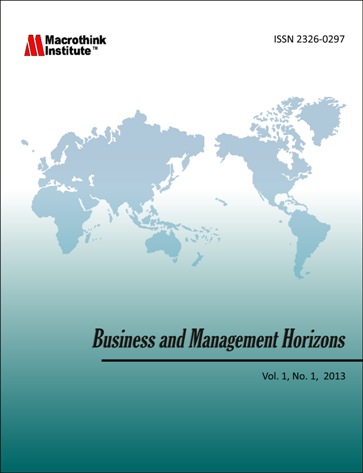A Critical Review of the National University of Lesotho Anti-Plagiarism Policy
DOI:
https://doi.org/10.5296/bmh.v9i1.18787Abstract
Globally, higher education institutions (HEIs) adopt different strategies to curb plagiarism, which undermines the integrity of educational qualifications issued by these institutions. One of the key strategies adopted by HEIs is the development of anti-plagiarism policies. Emerging research from literature do indicate that effective strategies are educational and developmental intended to equip students with skills of acknowledging materials from other sources. Further, research indicates that anti-plagiarism policies reinforce negative attitudes towards plagiarism, hence adopting punitive strategies against the would-be perpetrators. The study reviewed the National University of Lesotho (NUL) anti-plagiarism policy, to determine the type of messages and discourses the policy communicates to its users. The study used document analysis, using the NUL anti-plagiarism policy as the unit of analysis. Content and discourse analysis were applied as research techniques. The study revealed that the policy communicated punitive and moral discourses. These discourses undermine the developmental aspects of academic writing. The study recommends the review of the policy to include educational and developmental discourses that would encourage that students’ academic writing is developed. Further, the University should review its policy not only to address students but members of staff.

